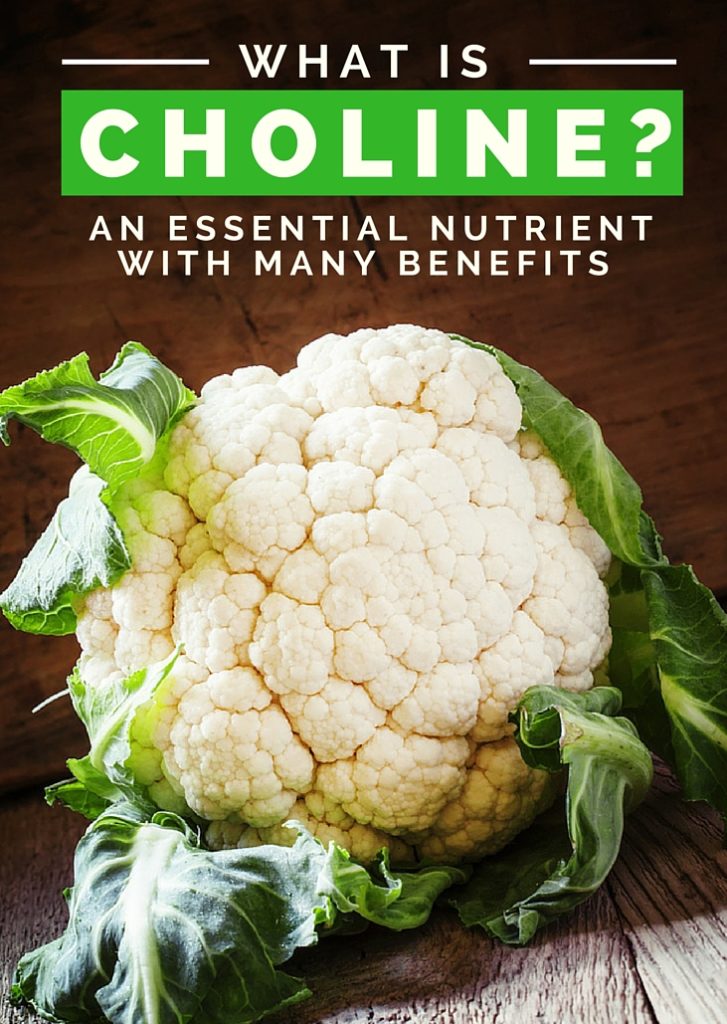Nutrition, Supplements
What Is Choline Bitartrate? Benefits & Sources
Overview
Choline is similar to the B vitamins. It can be made in the liver. It is also found in foods such as liver, muscle meats, fish, nuts, beans, peas, spinach, wheat germ, and eggs.
Choline is used for liver disease, including chronic hepatitis and cirrhosis. It is also used for depression, memory loss, Alzheimer’s disease and dementia, Huntington’s chorea, Tourette’sdisease, a brain disorder called cerebellar ataxia, certain types of seizures, and a mental condition called schizophrenia.
Athletes use it for bodybuilding and delaying fatigue in endurance sports.
Choline is taken by pregnant women to prevent neural tube defects in their babies and it is used as a supplement in infant formulas.
Other uses include preventing cancer, lowering cholesterol, and controlling asthma.
How does it work?
Choline is similar to a B vitamin. It is used in many chemical reactions in the body. Choline seems to be an important in the nervous system. In asthma, choline might help decrease swelling and inflammation.
Possibly Effective for
- Asthma. Taking choline seems to lessen symptoms and the number of days that asthma is a problem for some people. It also seems to reduce the need to use bronchodilators. There is some evidence that higher doses of choline (3 grams daily) might be more effective than lower doses (1.5 grams daily).
- Neural tube defects. Some research indicates that women who consume a lot of choline in their diet around the time of conception have a lower risk of having babies with a neural tube defect, compared to women with lower intake.
Likely Effective for
- Liver disease caused by exclusive feeding by vein (parenteral nutrition). Giving choline intravenously (by IV) treats liver disease in people receiving parenteral nutrition who are choline deficient.
Possibly Ineffective for
- Alzheimer’s disease. Taking choline by mouth, alone or together with lecithin, does not reduce symptoms of Alzheimer’s disease.
- Athletic performance. Taking choline by mouth does not seem to improve athletic performance or lessen fatigue during exercise.
- A brain condition called cerebellar ataxia. Early research suggests that taking choline by mouth daily might improve motor function in people with a brain condition called cerebellar ataxia. However, other research shows that taking choline does not improve cerebellar ataxia in most people.
Likely InEffective for
- Memory loss due to age. Taking choline by mouth does not improve memory in older people with memory loss.
- Schizophrenia. Taking choline by mouth does not reduce symptoms of schizophrenia.
Insufficient Evidence for
- Allergies (hayfever). Early research suggest that taking a particular type of choline daily for 8 weeks is not as effective as a nasal spray for reducing allergy symptoms.
- Bipolar disorder. Early research suggests that taking choline might reduce some mood symptoms in people with bipolar disorder who are taking lithium.
- Bronchitis. Early research suggests that inhaling choline might improve symptoms of bronchitis caused by dust.
- Mental performance. Early research suggests that taking a single dose of choline does not improve reaction time, reasoning, memory, or other mental functions. Other research suggests choline can improve visual memory, but not other aspects of mental function, when given along with intravenous feeding (parenteral nutrition).
- Seizures. There are reports that taking high doses of choline might be helpful for some people with a type of seizure called complex partial seizures.
- Hepatitis and other liver disorders.
- Depression.
- High cholesterol.
- Huntington’s chorea.
- Tourette’s syndrome.
- Other conditions.
More evidence is needed to rate choline for these uses.
Side Effects:
Choline is LIKELY SAFE for most adults when taken by mouth or given intravenously (by IV) in appropriate amounts.
Taking high doses of choline by mouth is POSSIBLY UNSAFE for adults. Doses over the Daily Upper Intake Levels (see dosage section below) are more likely to cause side effects such as sweating, a fishy body odor, gastrointestinal distress, diarrhea, and vomiting.
There is some concern that increasing dietary choline intake might increase the risk of cancer of the colon and rectum. One study found that women eating a diet that contains a lot of choline have an increased the risk of colon cancer. However, more research is still needed to determine the effects of diet on colon cancer.
Special Precautions & Warnings:
Children: Choline is LIKELY SAFE for most children when taken by mouth in appropriate amounts. Taking high doses of choline by mouth is POSSIBLY UNSAFE for children due to the increased risk of side effects.
Pregnancy and breast-feeding: Choline is LIKELY SAFE when taken by mouth and used appropriately. Doses up to 3 grams daily for pregnant and breast-feeding women up to 18 years of age, and 3.5 grams daily for women 19 years and older are not likely to cause unwanted side effects. There isn’t enough information available about the safety of choline used in higher doses in pregnant or lactating women. It’s best to stick to recommended doses.
Dosage
BY MOUTH:
- For asthma: 500-1000 mg three times daily.
An average diet supplies 200-600 mg of choline daily. Adequate Intake (AI), as established by the Food and Nutrition Board of the National Institute of Medicine, for adults is 550 mg per day for men and breast feeding women; women, 425 mg per day; pregnant women, 450 mg per day. For children 1-3 years the AI is 200 mg per day; 4-8 years, 250 mg per day; 9-13 years, 375 mg per day; for infants less than 6 months, 125 mg per day; infants 7-12 months, 150 mg per day.
Daily Upper Intake Levels (UL, the highest level of intake that is not likely to cause harm) for choline are: 1 gram daily for children 1-8 years, 2 grams for children 9-13 years, 3 grams for children 14-18 years, and 3.5 grams for adults over 18 years of age.


